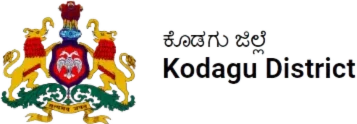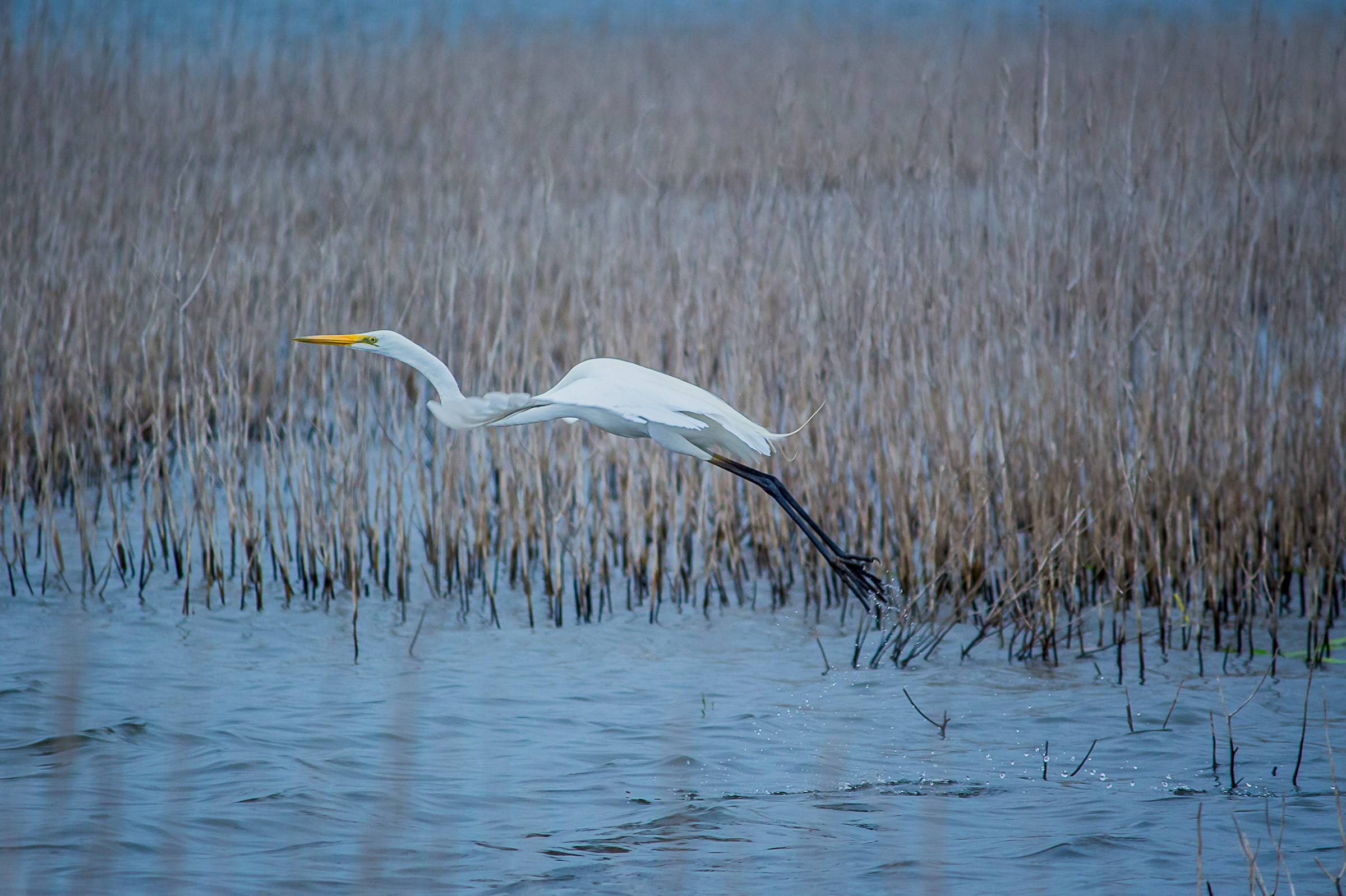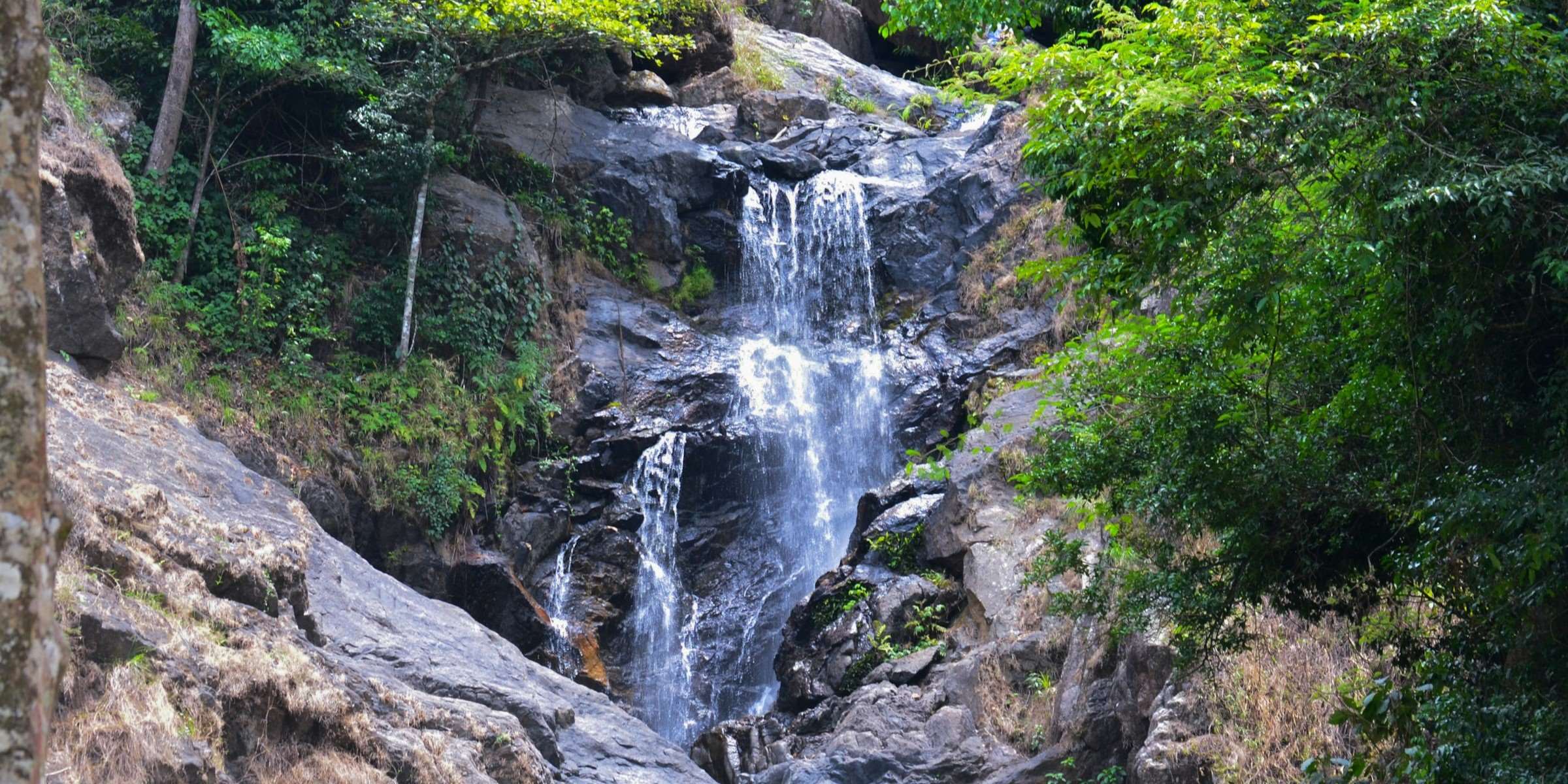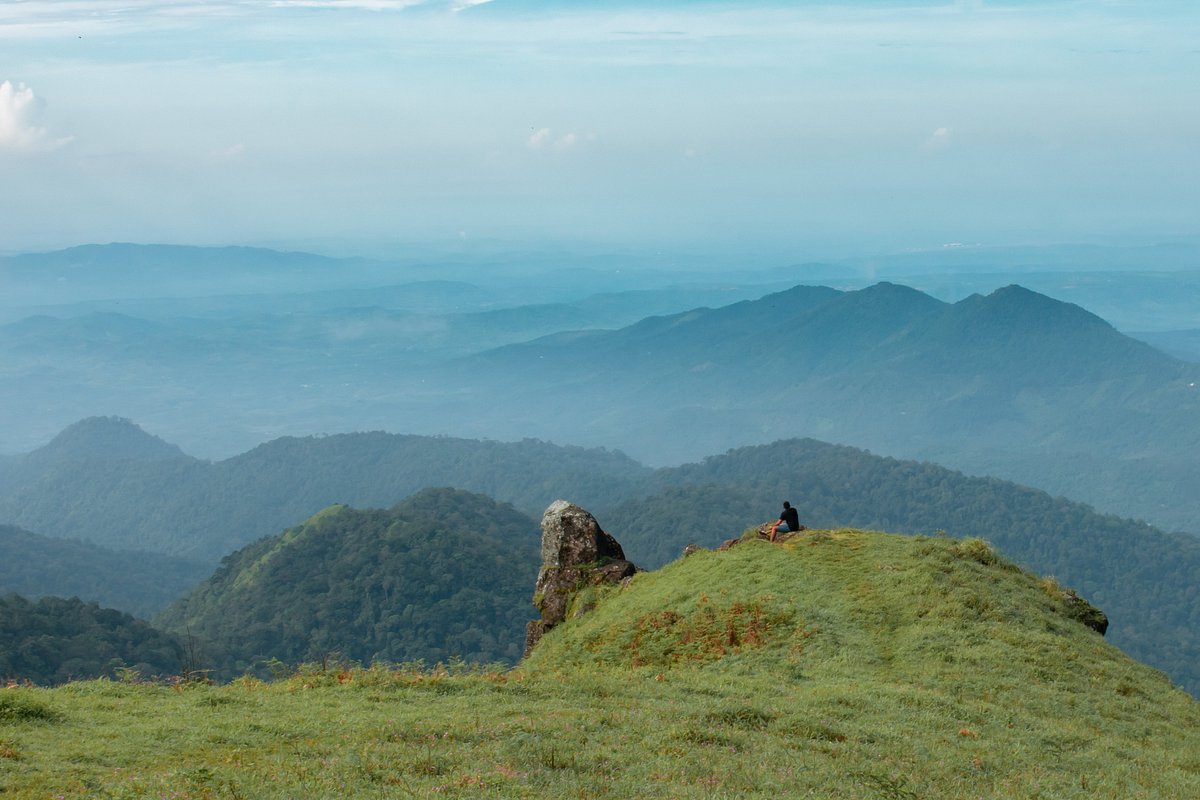The Iconic Kodava Symbol: A Lasting Emblem of Kodava Identity
In the 1960s, a distinct symbol was created to represent the Coorg Rifle Club—a visual identity that has since transcended its original purpose to become synonymous with the Kodava community itself. Over the decades, this design has become an integral part of Kodagu's cultural expression, appearing on everything from car decals and nameplates to websites and even tattoos. It is no longer just a logo; it is an emotion, a marker of pride and belonging for thousands of Kodavas around the world.
Yet, as with many cultural artifacts that gain popularity, there have been surprising developments. Reports emerged of an individual attempting to trademark the symbol, aiming to restrict its public use. The fact that a design which has lived freely in the public domain for decades could be subjected to ownership claims raised both eyebrows and questions. Such attempts not only ignore the cultural and historical context of the symbol but also disrespect its open, collective legacy.
Despite this, the community continues to embrace and share the symbol widely, often using it creatively and with pride. Its widespread usage stands as a silent rebuttal to any attempt at monopolization. It’s heartening to see that the symbol, rather than being locked behind legal ownership, continues to remain accessible to all—used freely and often commercially, contributing to local livelihoods and artistic expression.
But with such a beloved emblem, it’s natural to wonder: how can we honour the origin of this symbol? How can we pay homage to the creative mind that first brought it into existence?
A simple yet meaningful suggestion has emerged. Drawing from a traditional Kodava practice—where a symbolic offering is made to ancestors before taking a drink—what if a small dot could be added to the symbol as a quiet tribute to its creator? This dot, placed above and between the two weapon forms (the traditional dagger and machete), would not alter the integrity of the design but would serve as a symbolic acknowledgment of its origins.
By spreading the word—among family, friends, and community circles—this small change can have a big cultural impact.
The Kodagu symbol has become a powerful representation of identity, unity, and pride. Let it also become a symbol of gratitude.







